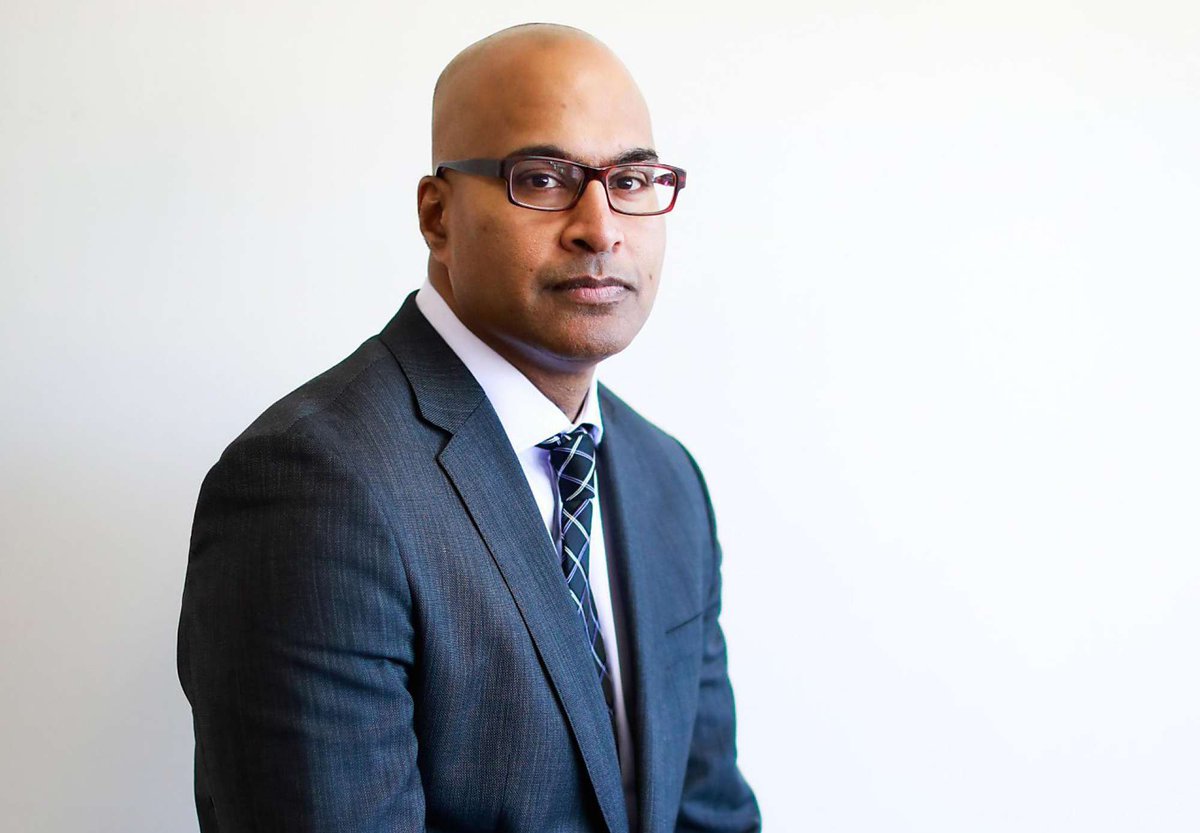

By Mano Raju, Public Defender of San Francisco
Over a year ago, California finally acknowledged the public’s right to know about police corruption in our communities. Specifically, SB 1421 made public all records of police dishonesty, shootings, sexual assault, and use-of-force causing serious injury. If the San Francisco Police Department records released under the law so far are representative of the whole, nearly half the force have disclosable records. In other words, many police officers on our streets have been either been found dishonest, shot at people, or seriously hurt them.
Yet, in 13 months, SFPD, with a budget of over $692 million, has responded to requests for public records on only 6% of active officers. The Department of Police Accountability, whose sole mission under the City Charter is to hold police accountable on behalf of San Franciscans, have fared better only in comparison to SFPD, having responded to requests for information on just 14% of active duty officers. If records continue to trickle out at this rate, it will be 20 years before San Francisco complies with the 2019 law.
It is beyond clear that SFPD cannot, and will not, police itself. Of the 1,058 officers the department’s “early intervention system” identified in use-of-force incidents in the first half of 2019, none was found to warrant any remedial training, much less disciplinary action. Even lying under oath is apparently not cause for dismissal at the SFPD, as the widely reported cases of officers like Michael Marcic and Nicholas M. Buckley make plain. Though video surveillance evidence led to judges finding each man had lied under oath in separate events, causing felony cases to be thrown  out — Marcic in 2018 and Buckley in 2016 — both remain on the police force and neither SFPD nor DPA has made public any related findings.
out — Marcic in 2018 and Buckley in 2016 — both remain on the police force and neither SFPD nor DPA has made public any related findings.
The logistical cause of the delay is also plain. Only four people in the entire city — two from SFPD’s staff of over 3,000 full-time employees and two from the much smaller DPA — are assigned to work on producing these records. The decisions to dedicate such few staff to this essential right-to-know issue betrays an extreme lack of interest in the cause of police accountability and the public’s interest under the new law. Pleas that SFPD and DPA devote all resources needed to achieve 100% compliance with the open records law in 2020 have gone unanswered.
As public defenders representing more than 20,000 people every year who find themselves at the mercy of police who arrest them, testify against them, and sometimes grossly mistreat them, we greeted the transparency this new law provides with optimism and hope. But 94% of the records remain secret and neither SFPD nor DPA has released a single record of dishonesty to date.
We are hardly the only ones who need this information. Prosecutors need to know about dishonest and violent police to determine whether justice permits filing charges based on the word of those officers. Judges and juries — who make crucial decisions affecting liberty — must know if a witness officer has been found dishonest by their employing agency if they are to know who to believe when an arrestee or civilian witness’s word contradicts that officer’s. The families of police shooting victims deserve to know the use-of-force histories of the shooters, as must the prosecutor’s office determining whether the shootings are criminal. And, finally, community members need information to hold accountable the systems that profess to act in their name.
Civil rights icon Ida B. Wells famously said, “The way to right wrongs is to turn the light of truth upon them.” The transparency promised in 2019’s SB 1421 is a ray of that light of truth. Three years before, San Francisco voters asked for the truth loud and clear when over 80% voted for police accountability. Just how much longer should San Franciscans have to wait for something they voted for? Isn’t it time to provide us the truth?
Mano Raju is San Francisco’s public defender.
